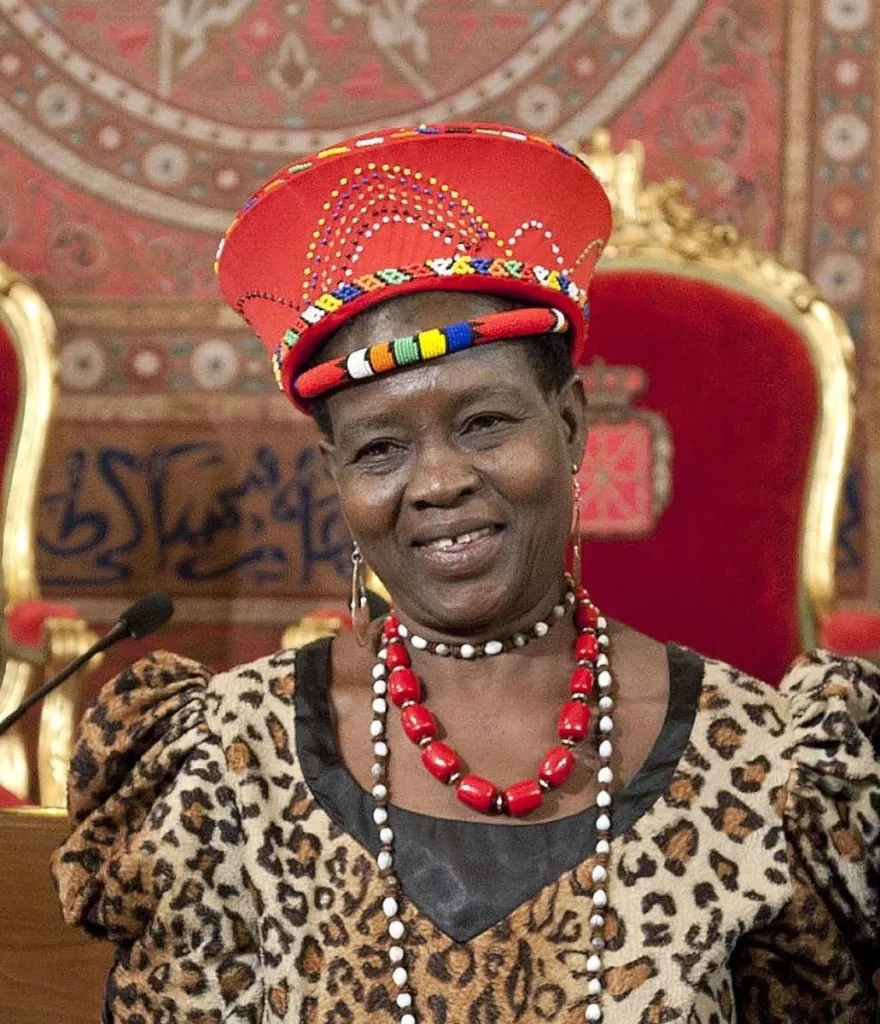In numerous regions across the globe, child marriage remains a pressing issue, particularly in Africa, where millions of young girls are affected annually. This harmful practice robs them of their rights, education, health, and prospects for the future. Yet, amidst this troubling reality, one woman in Malawi stands out as a beacon of change. Meet Theresa Kachindamoto, the trailblazing female chief of the Ngoni tribe, who has spearheaded the annulment of over 850 child marriages in her district.
Who is Theresa Kachindamoto?
Theresa Kachindamoto holds the esteemed position of chief in the Dedza district, situated near the shores of Lake Malawi, where she oversees a populace exceeding 900,000 individuals. Ascending to her role in 2003, Kachindamoto hails from a lineage of Ngoni chiefs, though her own journey to leadership was unexpected. Prior to assuming her chiefdom, she spent 27 years working as a secretary. However, fate intervened when she was selected by tribal elders to succeed as chief.
Initially hesitant, Kachindamoto soon recognized the immense potential she held to effect positive change within her community. Shocked by the prevalence of underage marriages sanctioned by parents and upheld by tradition, with girls as young as 12 being wedded off, some already bearing children of their own.

How did she end child marriage?
Determined to combat this entrenched practice, Theresa Kachindamoto embarked on a multifaceted approach. She initiated widespread awareness campaigns, emphasizing the crucial role of education, particularly for young girls. Additionally, she implemented measures to ensure school attendance, deploying secretaries to monitor adherence.
Taking decisive action, Kachindamoto suspended village chiefs complicit in facilitating child marriages until they nullified the unions. Despite facing vehement opposition and threats from resistant parents and elders clinging to tradition, Kachindamoto persisted. Her resolve even prompted legislative change in Malawi, elevating the legal minimum age of marriage from 15 to 18.
Further, she waged a campaign against harmful cultural rites, such as the detrimental “sexual cleansing” ritual, which exposed young girls to sexual violence and diseases following their first menstruation.
Her relentless efforts have earned her numerous accolades, yet Kachindamoto maintains that her greatest reward lies in witnessing girls reclaim their education and pursue their aspirations.
Why does it matter?
Theresa Kachindamoto’s unwavering dedication is not only inspiring but also transformative. By rescuing hundreds of girls from the clutches of misery and exploitation, she affords them the opportunity to thrive and contribute meaningfully to society. In empowering these girls to assert their rights, Kachindamoto challenges existing norms and reshapes mindsets.
Her remarkable example transcends borders, serving as a testament to the potential for change even in the face of adversity. She exemplifies the pivotal role women can play as leaders and catalysts for progress.
Moreover, Kachindamoto’s endeavors offer a blueprint for other African nations grappling with the scourge of child marriage and gender disparities. Her success underscores the feasibility of ending this harmful practice and fostering a brighter future for girls continent-wide.
Join the waiting list for our newsletter
